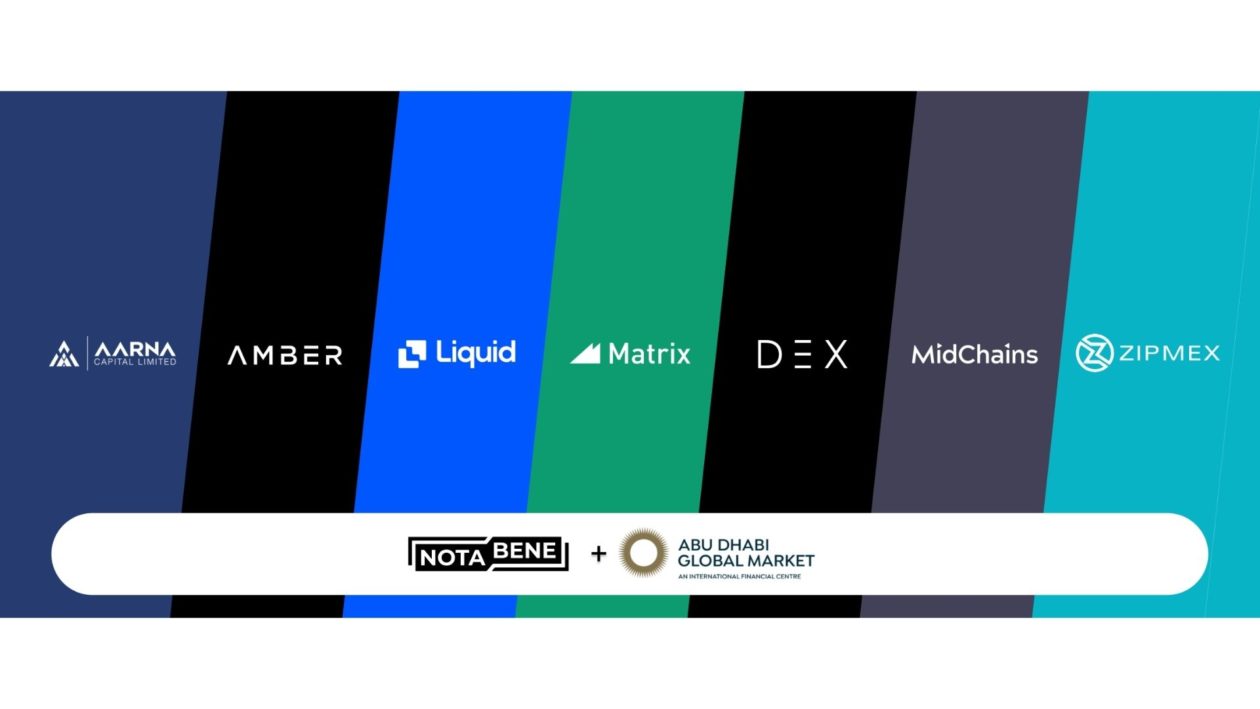Notabene, a travel rule solution provider, this week announced that it has successfully completed travel rule test transactions between four Abu Dhabi Global Market (ADGM)-licensed firms and three crypto companies in Singapore.
Fast facts
- In July, the Financial Action Task Force (FATF) — the global anti-money laundering (AML) and counter-financing of terrorism (CTF) standards-setter — called on countries to implement travel rule requirements on virtual assets service providers (VASPs) “as soon as possible.” The travel rule requires crypto companies to share specified customer information alongside a transaction. “While there has been progress, there has not yet been sufficient advancement in the global implementation of the travel rule or the development of associated technological solutions,” FATF said.
- Countries that have implemented the travel rule include the United States, Switzerland and Singapore, but global implementation remains uneven. Various technology solutions, such as Notabene’s, are being developed and tested, as countries step up their implementation of FATF standards.
- The cross-jurisdiction tests facilitated by Notabene involved simulated travel rule transactions between ADGM-licensed companies Matrix, Aarna Capital, DEX and MidChains, and three crypto companies in Singapore — Amber Group, Liquid, and Zipmex — that are applying for their digital payment token license.
- The test scenarios included rejecting transfers when data did not match internal records, requesting missing travel rule data, and handling transactions with companies that did not have a travel rule product.
- “We are pleased to see that the industry is actively collaborating to use technology to facilitate compliance,” said Wai Lum Kwok, senior executive director at the ADGM, in a statement. “Such collaborations let participants better understand regulatory requirements and improve their processes. Further, appropriate use of technology can lead to more efficient and effective compliance outcomes. The cross-border nature of this collaboration is a good signal that the industry is increasingly able to deal with the global nature of compliance for virtual assets.”
See related article: How to avoid the pitfalls of FATF’s crypto travel rule





